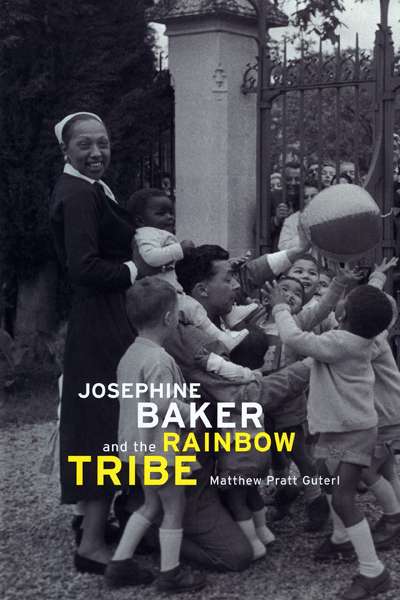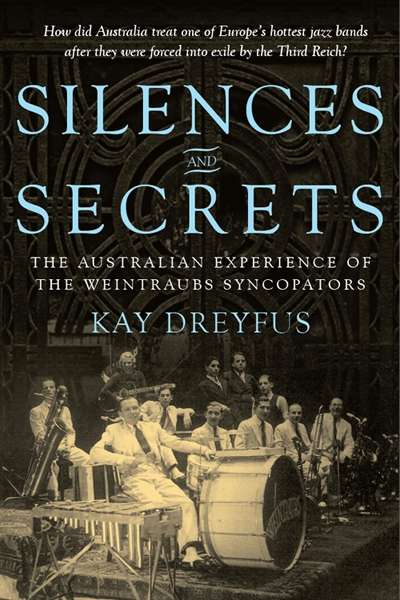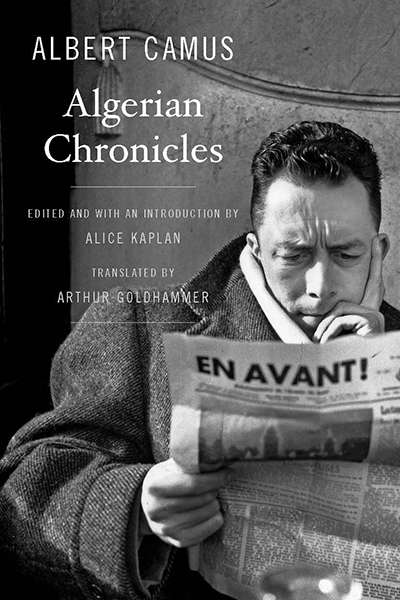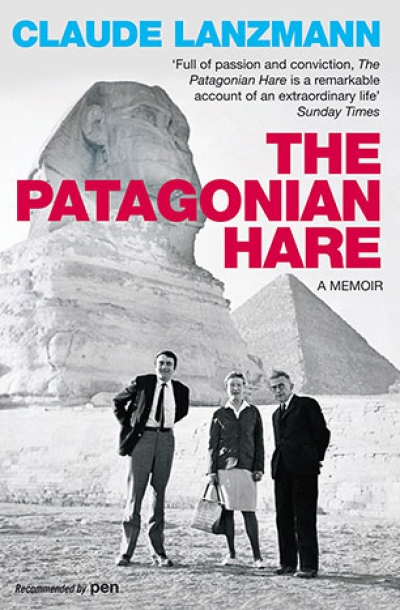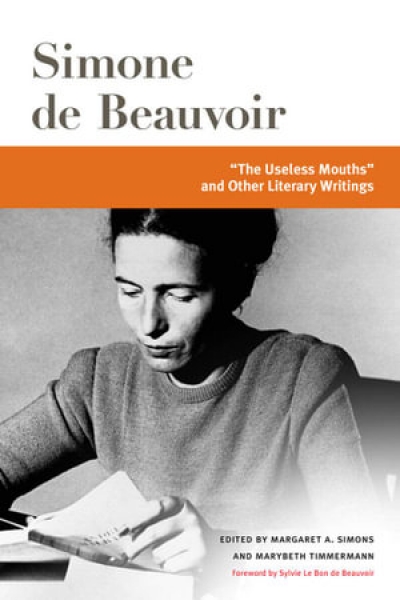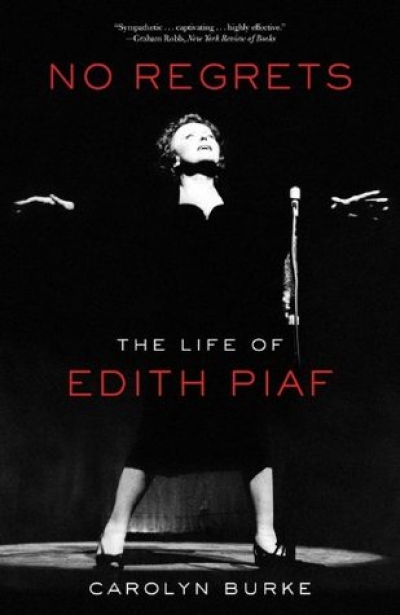Colin Nettelbeck
Josephine Baker and the Rainbow Tribe by Matthew Pratt Guterl
by Colin Nettelbeck •
Australian Journal of French Studies: Vol. L, No. 1 edited by Brian Nelson
by Colin Nettelbeck •
Silences and Secrets: The Australian Experience of the Weintraubs Syncopators by Kay Dreyfus
by Colin Nettelbeck •
Algerian Chronicles by Albert Camus (edited by Alice Kaplan and translated by Arthur Goldhammer)
by Colin Nettelbeck •
An imperfectly remembered life is a useless treachery.
Barbara Kingsolver, The Lacuna
When my American mother-in-law died, the world financial markets went into a tail-spin. Melba was her name; her own mother, who migrated from Italy to New England in the late nineteenth century, was an oper ...
The Tennis Courts of Lyon: Les Jeux de Paume de Lyon by Richard Travers
by Colin Nettelbeck •
‘The Useless Mouths’ and Other Literary Writings by Simone de Beauvoir, Margaret A. Simons and Marybeth Timmermann (editors)
by Colin Nettelbeck •

